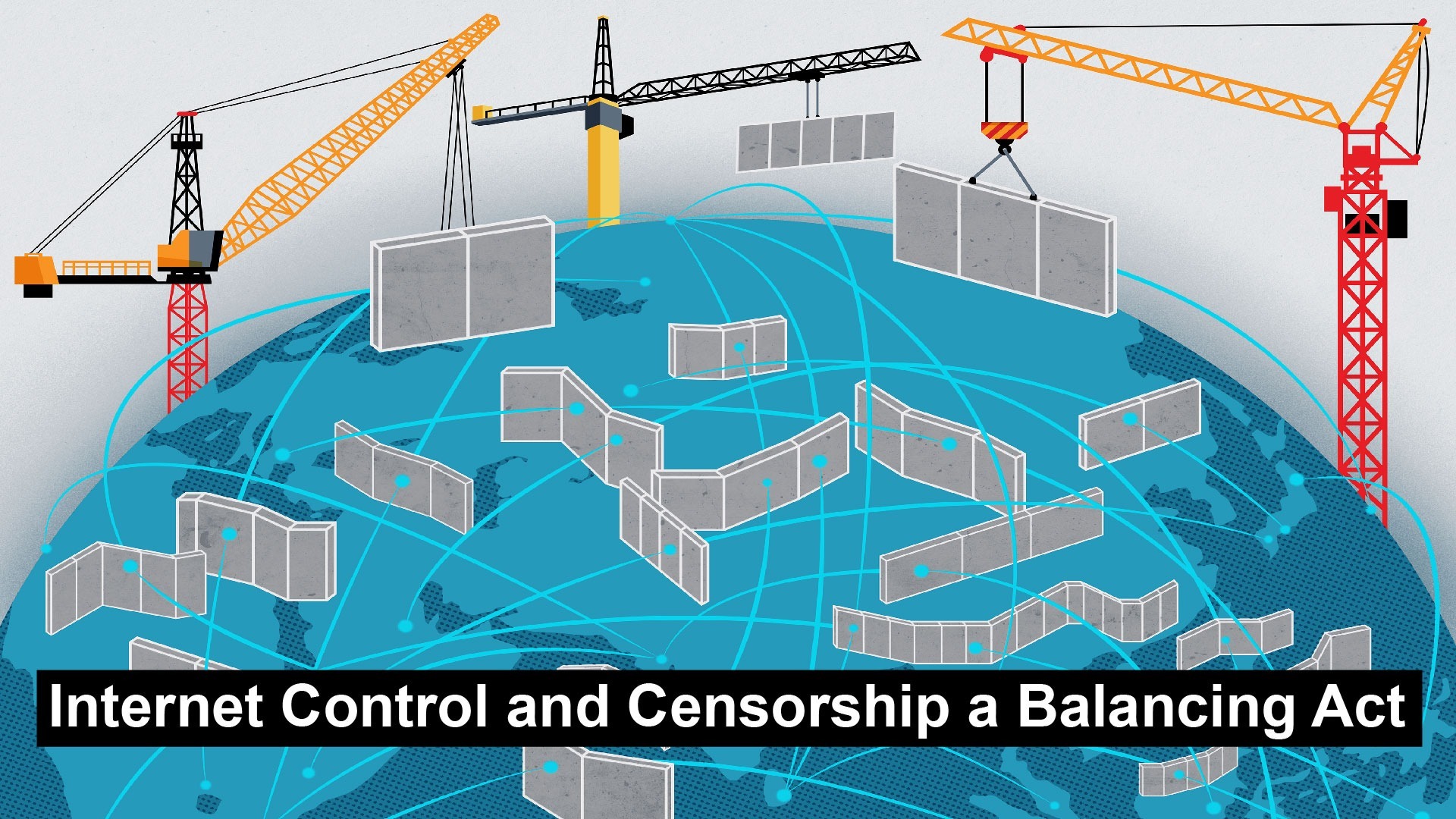There’s no doubt that the internet has changed the landscape of communication and information sharing. But with these new freedoms come some inherent risks – like hate speech, false information, and scams. So the question is: does the internet need controls or censorship? And if so, what kind?
As marketers, we’re especially interested in this topic since the internet is such a powerful tool for marketing and advertising. Let’s take a look at both sides of the argument to see what makes the most sense for the future of the internet.
The Internet is a vast and largely uncontrolled space
The Internet is a foxhole of knowledge and sometimes not-so-knowledgeable musings, a never-ending web of fluff and facts all meshed together. It’s where ideas can become fame, fortunes can be made, and dreams can come true. Sadly though, due to its vast nature and lack of control, some people get negatively caught up in the chaos as well. They fall prey to phishing scams, malware attacks, scammers, hackers and what have you – often with plenty of losses in their pockets or worse: irreparable damage to their online reputations. That kind of thing is why it’s important to stay vigilant when browsing the internet – because even the most trustworthy websites might harbor nefarious content that could put you at risk if you don’t know what to watch out for.
There are many arguments for and against censorship or controls on the Internet
With the rise of the Internet, all sorts of opinions, ideas, and opinions are readily available and accessible. This has led to many conversations about censorship or controls on what can be posted online; whether it is right to limit access to certain content or not. People are divided over whether freedom of information should take priority over protecting individuals from offensive material or protecting public order and morality. Digital safety and privacy is a pertinent issue and has both proponents and opponents advocating for either extreme censorship or complete freedom of speech respectively on the internet. There is no easy answer to this conundrum, but whatever decision is taken will impact generations to come in terms of free expression and access to information.
Some people believe that the government should regulate the Internet, while others think that it should be left up to individuals to decide what they want to see or not see
The regulation of the Internet is a contentious issue for many people. Some believe that it is necessary for the government to set certain limits and regulations on what can be viewed online. This would help prevent people from seeing content deemed inappropriate, increase online safety, and in some cases protect intellectual property rights. On the other hand, there are also those who argue that censorship should not be imposed by any authority and that individuals should have the freedom to choose whatever they want to view or not view on the Internet. Despite different viewpoints on this matter, both sides agree that having access to information is an important right that should remain protected.
There are many different ways to censor or control the Internet, including filtering content, blocking websites, and monitoring online activity
With the rise of online communication and access to news, information, and entertainment, the issue of censoring or controlling the Internet has become increasingly important. Governments, organizations, and individuals all have different motivations when it comes to exerting control over what is accessible online. Censorship can range from content filtering for age appropriateness to blocking websites with unacceptable material to monitoring online activity. For some people, censorship may be a source of safety; for others, it can be a violation of privacy or freedom of expression. It is becoming clearer that it is impossible to monitor every possible usage of the Internet; instead, there must be frameworks in place that are directed specifically toward certain scenarios while taking into consideration values such as autonomy and freedom.
What do you think – does the Internet need more controls or censorship, or is it fine the way it is?
While the vast amount of content available on the Internet is great for our free flow of information, there are also certain things that can be disturbing and potentially harmful to viewers. It’s difficult to draw a line between censorship and necessary control, especially when opinions and interpretations may differ. Keeping everyone safe while still allowing them access to an open Internet is tricky and a decision must be made whether or not more controls or censorship should be implemented. Everyone has their own opinion on this matter but at the end of the day, it’s important to consider if these added measures really make the Internet a better place.







